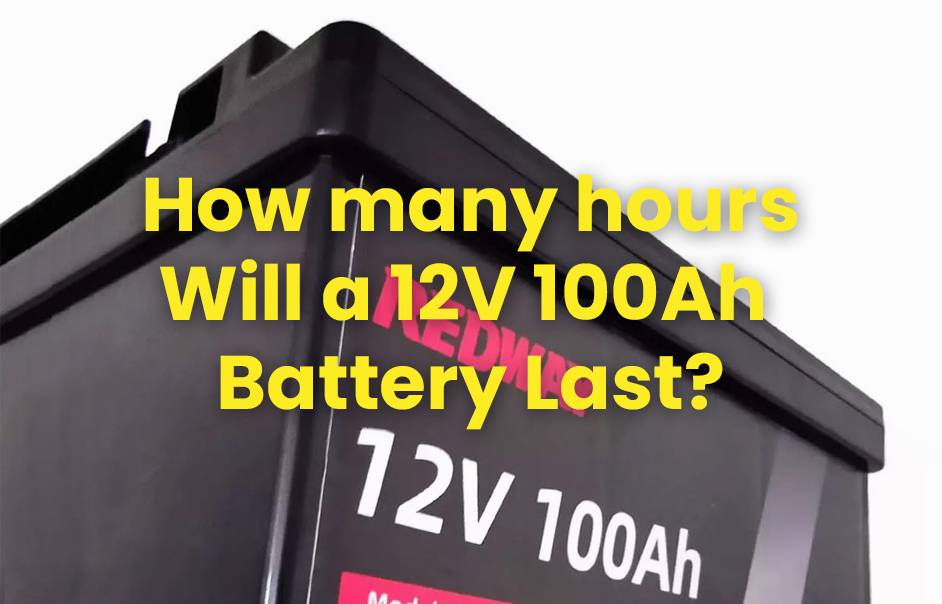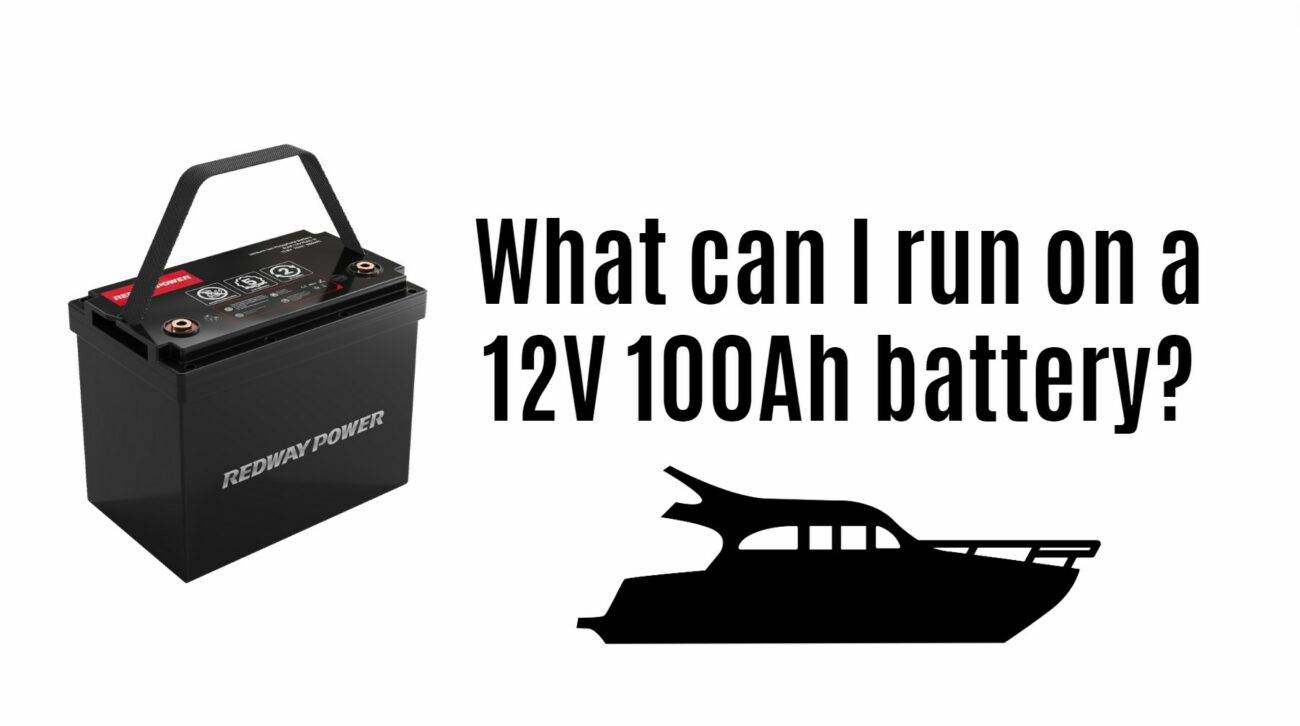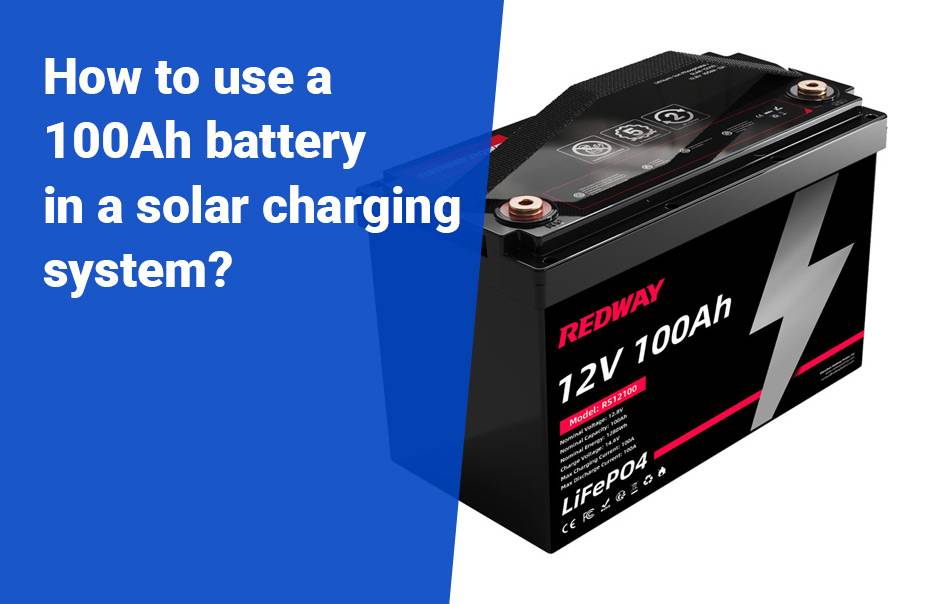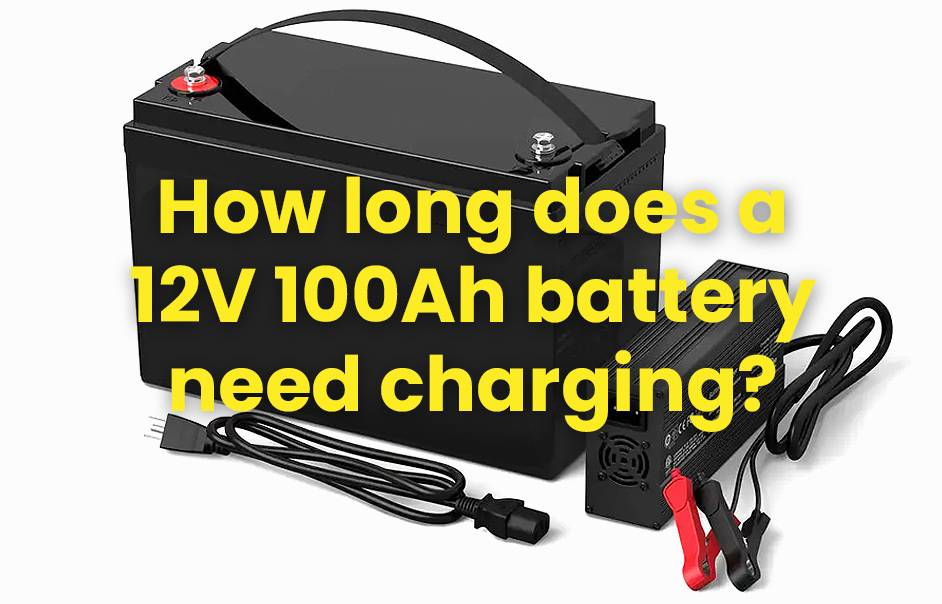- Forklift Lithium Battery
-
48V
- 48V 210Ah
- 48V 300Ah
- 48V 420Ah (949 x 349 x 569 mm)
- 48V 420Ah (950 x 421 x 450 mm)
- 48V 456Ah
- 48V 460Ah (830 x 630 x 590 mm)
- 48V 460Ah (950 x 421 x 450 mm)
- 48V 460Ah (800 x 630 x 600 mm)
- 48V 460Ah (820 x 660 x 470 mm)
- 48V 500Ah
- 48V 560Ah (810 x 630 x 600 mm)
- 48V 560Ah (950 x 592 x 450 mm)
- 48V 600Ah
- 48V 630Ah
-
48V
- Lithium Golf Cart Battery
- 12V Lithium Battery
12V 150Ah Lithium RV Battery
Bluetooth App | BCI Group 31
LiFePO4 Lithium
Discharge Temperature -20°C ~ 65°C
Fast Charger 14.6V 50A
Solar MPPT Charging - 24V Lithium Battery
- 36V Lithium Battery
- 48V Lithium Battery
-
48V LiFePO4 Battery
- 48V 50Ah
- 48V 50Ah (for Golf Carts)
- 48V 60Ah (8D)
- 48V 100Ah (8D)
- 48V 100Ah
- 48V 100Ah (Discharge 100A for Golf Carts)
- 48V 100Ah (Discharge 150A for Golf Carts)
- 48V 100Ah (Discharge 200A for Golf Carts)
- 48V 150Ah (for Golf Carts)
- 48V 160Ah (Discharge 100A for Golf Carts)
- 48V 160Ah (Discharge 160A for Golf Carts)
-
48V LiFePO4 Battery
- 60V Lithium Battery
-
60V LiFePO4 Battery
- 60V 20Ah
- 60V 30Ah
- 60V 50Ah
- 60V 50Ah (Small Size / Side Terminal)
- 60V 100Ah (for Electric Motocycle, Electric Scooter, LSV, AGV)
- 60V 100Ah (for Forklift, AGV, Electric Scooter, Sweeper)
- 60V 150Ah (E-Motocycle / E-Scooter / E-Tricycle / Tour LSV)
- 60V 200Ah (for Forklift, AGV, Electric Scooter, Sweeper)
-
60V LiFePO4 Battery
- 72V~96V Lithium Battery
- Rack-mounted Lithium Battery
- E-Bike Battery
- All-in-One Home-ESS
- Wall-mount Battery ESS
-
Home-ESS Lithium Battery PowerWall
- 24V 100Ah 2.4kWh PW24100-S PowerWall
- 48V 50Ah 2.4kWh PW4850-S PowerWall
- 48V 50Ah 2.56kWh PW5150-S PowerWall
- 48V 100Ah 5.12kWh PW51100-F PowerWall (IP65)
- 48V 100Ah 5.12kWh PW51100-S PowerWall
- 48V 100Ah 5.12kWh PW51100-H PowerWall
- 48V 200Ah 10kWh PW51200-H PowerWall
- 48V 300Ah 15kWh PW51300-H PowerWall
PowerWall 51.2V 100Ah LiFePO4 Lithium Battery
Highly popular in Asia and Eastern Europe.
CE Certification | Home-ESS -
Home-ESS Lithium Battery PowerWall
- Portable Power Stations
What Makes the LiTime 12V 100Ah Battery Unique?

The LiTime 12V 100Ah battery stands out in the market for its advanced features and reliable performance, particularly due to its lithium iron phosphate (LiFePO4) chemistry. This battery offers a long lifespan, built-in safety mechanisms, and efficient energy delivery, making it an excellent choice for various applications, including marine and RV use.
What Are the Key Specifications of the LiTime 12V 100Ah Battery?
The LiTime 12V 100Ah battery features several key specifications that make it attractive for users:
- Capacity: Rated at 100 amp-hours, providing ample power for various applications.
- Weight: Approximately 22 pounds, significantly lighter than traditional lead-acid batteries.
- Dimensions: Measures around 6.77 x 13 x 8.43 inches, making it compact for installation in tight spaces.
- Cycle Life: Offers an impressive lifespan of over 4000 cycles at 100% depth of discharge (DOD), extending to 6000 cycles at 80% DOD.
These specifications highlight its suitability for demanding applications.Chart: Key Specifications of LiTime 12V 100Ah Battery
| Specification | Value |
|---|---|
| Capacity | 100 Ah |
| Weight | ~22 lbs |
| Dimensions | 6.77″ x 13″ x 8.43″ |
| Cycle Life | Up to 6000 cycles |
How Does the Built-in BMS Enhance Safety and Performance?
The Battery Management System (BMS) integrated into the LiTime battery plays a critical role in ensuring safety and optimal performance:
- Overcharge Protection: Prevents damage by disconnecting the battery when voltage exceeds safe levels.
- Over-discharge Protection: Disconnects load when voltage drops too low, preserving battery health.
- Temperature Control: Monitors temperature to prevent overheating during charging or discharging.
- Balancing Cells: Ensures that all cells within the battery maintain equal charge levels, enhancing longevity.
This comprehensive protection makes it a reliable choice for users.
What Are the Advantages of Using LiFePO4 Technology in This Battery?
Lithium iron phosphate (LiFePO4) technology offers several advantages:
- Safety: Known for its thermal stability, reducing risks associated with overheating or combustion.
- Long Lifespan: Higher cycle life compared to other lithium chemistries, resulting in lower replacement costs over time.
- Consistent Power Output: Maintains voltage levels throughout discharge, ensuring reliable performance.
- Environmental Friendliness: Less toxic than other lithium chemistries, making it a more eco-friendly option.
These benefits make LiFePO4 batteries increasingly popular across various industries.
How Does This Battery Compare to Traditional Lead-Acid Batteries?
When comparing the LiTime battery to traditional lead-acid batteries:
- Weight: The LiTime is significantly lighter, enhancing portability.
- Cycle Life: Offers up to 10 times more cycles than typical lead-acid batteries.
- Efficiency: Lithium batteries are more efficient with lower self-discharge rates compared to lead-acid options.
- Depth of Discharge (DoD): Lithium batteries can be discharged deeper without damage, maximizing usable capacity.
This comparison underscores why many users are transitioning to lithium solutions.
What Features Stand Out in the LiTime 12V 100Ah Battery?
Several standout features enhance its appeal:
- Low Temperature Cut-Off: Protects against charging at low temperatures, preventing damage.
- Automatic Recovery from Overload: The battery can recover from overload conditions without manual intervention.
- Compact Design: Space-saving dimensions make it suitable for various applications, including boats and RVs.
These features contribute to its versatility and user-friendliness.
How Does the Battery Perform in Real-World Applications?
In real-world applications, users report excellent performance from the LiTime battery:
- Marine Use: Provides reliable power for trolling motors and electronics without significant weight penalties.
- RV Applications: Powers appliances efficiently while maintaining a compact footprint.
- Solar Energy Systems: Integrates well with solar setups, offering efficient energy storage with rapid charging capabilities.
User testimonials highlight its dependability across various scenarios.
Why Is This Battery Suitable for Marine and RV Use?
The LiTime battery is particularly suitable for marine and RV applications due to:
- Durability Against Elements: Designed to withstand harsh marine conditions such as saltwater exposure and humidity.
- Lightweight Design: Reduces overall vehicle weight while providing ample power supply.
- High Energy Density: Delivers more energy per unit weight compared to traditional batteries, maximizing efficiency on long trips.
These attributes make it an ideal choice for outdoor enthusiasts.
Industrial News
Recent advancements in lithium battery technology have focused on increasing energy density while enhancing safety features such as thermal management systems and integrated battery management systems (BMS). These innovations are particularly relevant for applications in marine environments where reliability is crucial. Manufacturers are also exploring sustainable practices in production to reduce environmental impact while meeting growing demand.
Redway Power Insight
“The unique design and advanced technology of lithium batteries like the LiTime series provide exceptional performance and longevity,” states an expert from Redway Power. “Understanding these benefits allows consumers to make informed choices that enhance their outdoor experiences.”
FAQ Section
Q: How long can I expect my LiTime battery to last?
A: With proper care, you can expect a lifespan of up to 6000 cycles at 80% depth of discharge.Q: Can I use this battery in extreme temperatures?
A: Yes, but it’s best to avoid charging below 0°C (32°F); it has built-in protections against low temperatures.Q: Is this battery compatible with solar systems?
A: Yes, it’s an excellent choice for solar energy storage due to its efficiency and rapid charging capabilities.























